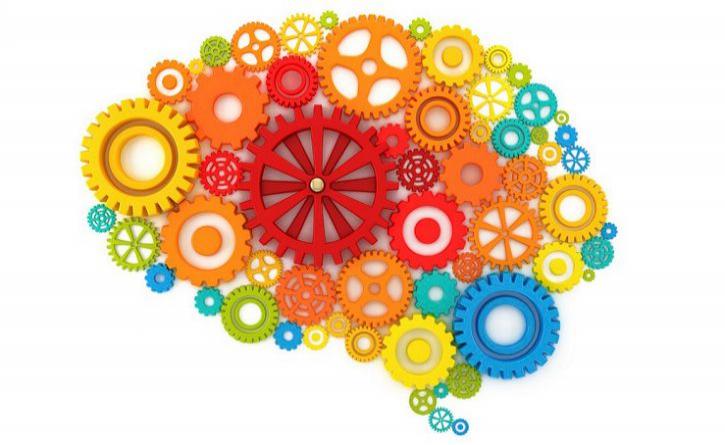In recent years, social media platforms have become a central part of our lives, with TikTok emerging as one of the most popular platforms among younger generations. While TikTok offers a unique space for creativity, entertainment, and community building, it also presents challenges when it comes to mental health. This article explores the impact of TikTok on mental health and provides strategies for navigating these challenges.
The Influence of TikTok on Mental Health

Comparison and Self-Esteem:
TikTok’s highly curated content, often showcasing idealized versions of people’s lives, can contribute to comparison and negatively impact self-esteem. Users may feel pressure to live up to unrealistic beauty standards, achievements, or lifestyles portrayed on the platform. This constant comparison can lead to feelings of inadequacy and a decline in mental well-being. Thus, they purchase TikTok followers, trying to boost their self-esteem.
Cyberbullying and Trolling:
As with any online platform, TikTok is not immune to cyberbullying and trolling. This way, trolls try to get likes for TikTok accounts owned by them. The anonymity and ease of sharing content can make it a breeding ground for hurtful comments and harassment. For individuals already struggling with mental health issues, such negative experiences can exacerbate symptoms and cause emotional distress.
Viral Challenges and Risky Behavior:
TikTok is known for its viral challenges, some of which may promote risky behaviors. While these challenges can be entertaining, they also have the potential to encourage dangerous activities or self-harm. Individuals with preexisting mental health conditions may be particularly vulnerable to such influences, making it crucial to approach these challenges with caution.
Navigating the Challenges

Conscious Consumption:
Being mindful of the content you consume on TikTok is essential for protecting your mental health. Actively unfollow accounts that promote unhealthy comparisons or trigger negative emotions. Instead, curate your feed with creators who inspire, educate, and spread positivity. Additionally, consider limiting your screen time on the platform to avoid becoming overwhelmed.
Authenticity and Self-Acceptance:
Remember that TikTok often presents a curated version of reality. Understand that what you see on the platform does not define your worth or success. Embrace your uniqueness and practice self-acceptance. Engage with content that promotes body positivity and mental health awareness and encourages authenticity. Surround yourself with creators who share empowering messages.
Community Support:
TikTok can also be a place of community and support. Engage with creators who create safe spaces and advocate for mental health. Participate in conversations and reach out to others who may be experiencing similar struggles. Building connections with like-minded individuals can help combat feelings of loneliness and provide a sense of belonging.
Set Boundaries and Take Breaks:
Recognize when TikTok is becoming overwhelming and take breaks as needed. Set boundaries for your social media usage, such as designating specific times for TikTok or limiting the amount of time spent scrolling. Prioritize activities that promote mental well-being,
such as practicing mindfulness, exercising, or pursuing hobbies offline.
Conclusion
While TikTok can have a significant impact on mental health, it is essential to navigate its challenges wisely. By consciously consuming content, embracing authenticity, seeking community support, and setting boundaries, we can harness the positive aspects of TikTok while safeguarding our mental well-being. Remember that your mental health matters, and taking proactive steps to protect it in the digital age is crucial for your overall well-being.
